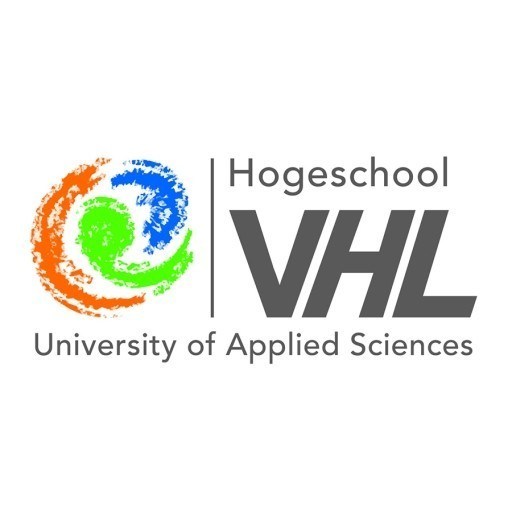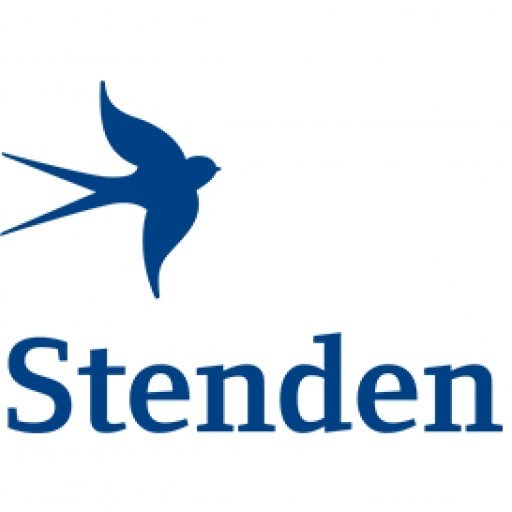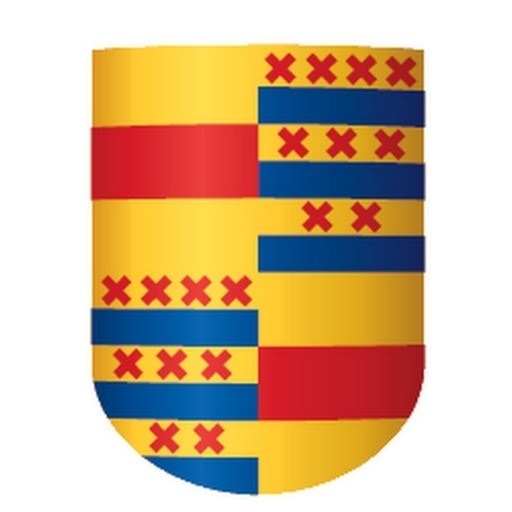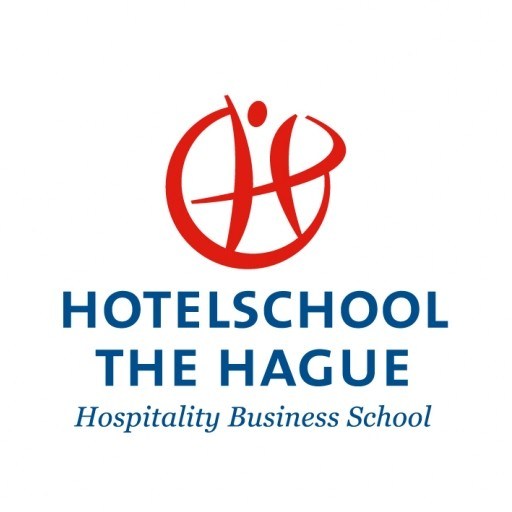Photos of university / #radboud_uni
The Bachelor's degree programme in Business Administration at Radboud University offers students a comprehensive and interdisciplinary education designed to prepare them for leadership roles in the dynamic world of business. This programme emphasizes critical thinking, ethical decision-making, and a global perspective, ensuring graduates are well-equipped to navigate and influence the complex business environment. Throughout the three-year course, students develop a solid foundation in core business disciplines such as management, marketing, finance, and organizational behavior, complemented by insights into digital transformation, innovation, and sustainability. The curriculum combines theoretical knowledge with practical application, featuring case studies, group projects, internships, and interactions with leading industry professionals. Students are encouraged to explore the social, cultural, and economic contexts that influence business practices worldwide, fostering a deep understanding of responsible entrepreneurship and corporate social responsibility. The programme also supports personal development, including skills in communication, teamwork, and leadership, to empower students to become proactive and ethical business leaders. With a flexible structure, students can tailor their learning experience to align with their interests and career aspirations through elective courses and international exchange opportunities. The faculty comprises experienced academics and business practitioners dedicated to mentorship and academic excellence. Radboud University’s Business Administration programme is renowned for its rigorous curriculum, innovative teaching methods, and strong connections to the business community, providing graduates with valuable networks and career prospects across various sectors. Upon completion, students will possess the knowledge, skills, and mindset required to excel in a wide range of roles in national and international organizations, entrepreneurship, and consultancy, contributing positively to society and the economy.
Over the course of three years, you will study the various aspects of Business Administration, such as strategy, marketing, organisational structures, accounting and cross-cultural management. You will have lectures and
seminars for fifteen hours a week. Lectures are not just monologues: we encourage you to ask questions and to take part in discussions. In seminars, you will study together in groups of fifteen to twenty students. This will give you the opportunity to discuss the study materials in depth, by writing assignments or papers and giving presentations.
After having studied the first year in English, you can choose from three specialisations: Business Administration, Business
Economics and International Business Administration (IBA). You will need to meet requirements during the first year of your studies to be allowed to study the specialisation IBA. More information about these requirements is available on the programme’s website. A semester of studying abroad is optional, and within the specialisation IBA it is obligatory. Our network of two hundred partner universities will facilitate your studying abroad. In some cases you can combine your studying abroad with a research internship. You will finish your studies with a Bachelor’s thesis. This will be your own research project, which can be carried out at a company. After completion of the programme, you will be granted the degree Bachelor of Science (BSc).
Language requirements
You should have sufficient proficiency in the English language in order to be admissible. No proficiency in the Dutch language is required. Should you have obtained a high school diploma from a European country in which you have taken English in the final examinations, then in some cases you do not have to provide a separate language certificate. You will find a list of these diplomas on the specific programme web pages. Proficiency in the English language can be proven by meeting one of the following conditions:
• You have a diploma from the list of European diplomas, as mentioned above.
• You have a Dutch VWO diploma.
• You have a German ‘Zeugnis der Allgemeinen Hochschulreife’ with English as ‘Grundkurs’ or ‘Leistungskurs’ in the ‘Abitur’.
• You have an International Baccalaureate.
• You have a European Baccalaureate with English Language 2 or 1.
• You have obtained a diploma equivalent to or higher than the Dutch VWO level from an institution where the language of instruction is English in one of the member states of the EU/EEA, Australia, Canada, New Zealand, or the USA.
• You are a citizen of Australia, Canada (with exception of Quebec), Ireland, New Zealand, the UK, or the USA. Should you not meet one of the conditions mentioned above, then, in general, you should provide one of the following language certificates. Some programmes may have further language requirements, so please check the web page of the programme you’re interested in carefully.
• IELTS Academic: A minimum overall score of 6.0, apart from Chemistry and Molecular Life Science, which require an minimum overall score of 6.5. Please check programme specific web pages for information on minimum sub-scores.
• TOEFL iBT: A minumum overall score of 80, apart from Chemistry and Molecular Life Sciences, which require a minimum score of 90. Please check programme specific web pages for information on minimum sub-scores.
• Cambridge Certificate of Advanced English (CAE): minimum mark of C.
• Cambridge Certificate of Proficiency in English (CPE): minimum mark of C.
Radboud Scholarship Programme: Radboud University has scholarships available for the most talented Bachelor’s students who have a citizenship from a non-EU/EEA country and who have not studied in the Netherlands before. Each year, sixteen Radboud Scholarships are awarded to Bachelor’s students, two per English-taught Bachelor’s programme. The scholarship lowers the tuition fees to the amount of the legal tuition fees of €2,006 in the first Bachelor’s year and includes the costs of health insurance for the first year and the fees for visa and residence permit. The deadline for application is 1 April 2017. More information can be found on www.ru.nl/rsp
Governmental student finance: EU/EEA students might qualify for a student loan from the Dutch government. To be entitled to this loan, you need to work for fourteen hours a week (56 hours a month) in the Netherlands (next to your studies). If you are entitled to receive the student loan from the Dutch government, you may receive up to € 1,000 per month, in addition to your salary. After graduation, you will need to pay back the loan. In order to determine how much you need to pay back each month, the Dutch government will take your financial situation (such as income) into account. More information is available on www.duo.nl
The Bachelor's degree in Business Administration at Radboud University is a comprehensive program designed to provide students with a solid foundation in core business principles while also developing their analytical, strategic, and leadership skills. The program covers a variety of subjects including management, marketing, finance, economics, and organizational behavior, enabling graduates to understand and operate effectively in diverse business environments. Students are encouraged to engage both in theoretical studies and practical applications, such as case studies, group projects, and internships, to ensure they acquire a well-rounded understanding of real-world business challenges.
Throughout the course, students will learn about key areas such as corporate strategy, responsible leadership, and digital transformation, which are increasingly important in today’s dynamic global economy. The curriculum emphasizes sustainability, ethical decision-making, and innovative thinking to prepare graduates for responsible management roles. The program's structure typically includes lectures, seminars, workshops, and research assignments, fostering an interactive learning environment. Radboud University also offers opportunities for international exchange, allowing students to gain overseas experience and broaden their global perspective.
The faculty comprises experienced academics and industry professionals who contribute to an engaging and supportive learning environment. Mentorship programs and career services are available to assist students in planning their careers and connecting with potential employers. Upon completion of the Bachelor’s in Business Administration, graduates are equipped to pursue further studies at the master's level or to enter the workforce in various sectors including consulting, finance, marketing, and management. The program aims to produce versatile professionals capable of addressing complex business issues responsibly and innovatively, with a strong commitment to societal impact and sustainable development.







